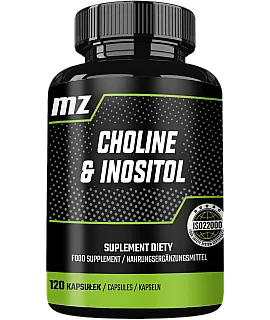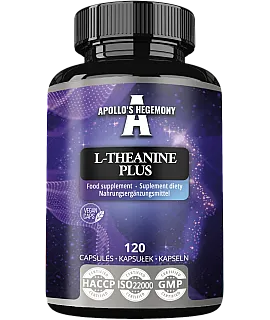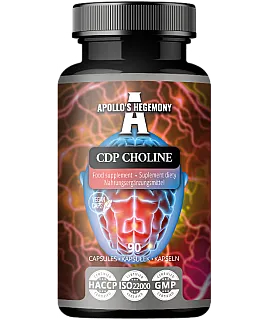Nootropics - what are they and what properties do they have?
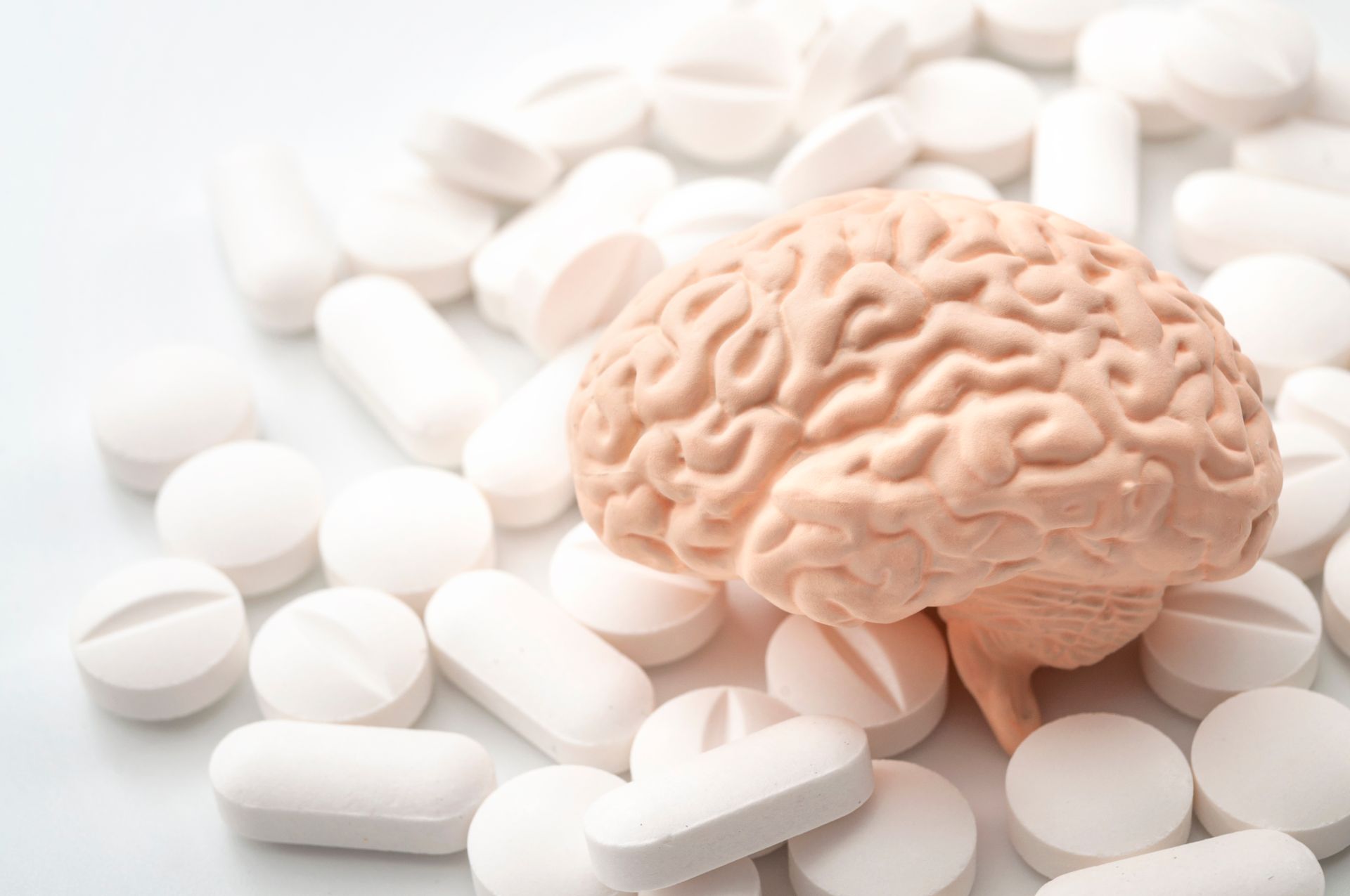
At some point, everyone has dreamed of becoming smarter, thinking faster and having a better memory. Whether it's for studying, working, or simply for everyday functioning, the ability to focus, remember and quickly absorb new information is invaluable. There are products on the market today that promise various combinations of these benefits. The products in question are so-called nootropics. At first contact with the topic of nootropics, one can get confused. This is a very diverse group of substances with different mechanisms of action, effects and methods of use. In this article you will learn basic information about the effects of nootropics, the differences between natural and synthetic nootropics, and which ones are worth using by beginners.
- What are nootropics?
- When is it worth using nootropics?
- Natural and synthetic nootropics
- Which nootropics are worth looking at first?
- Are nootropics safe?
- Is the use of nootropics legal?
What are nootropics?
Nootropics are substances that help draw out greater capabilities from the brain. They are also commonly referred to as "Smart drugs," although more substances can be drawn into the definition of smart drugs, not all of which can be considered nootropics. By design, nootropics are meant to safely support brain function, improving memory and the ability to focus attention, while protecting the brain from hazards.
Originally, nootropics were used exclusively to treat cognitive disorders and neurological diseases. In such cases, their effectiveness is greatest. Over time, the brain-enhancing potential also interested healthy people. Today, over-the-counter nootropics are a fast-growing branch of the dietary supplement market, constantly gaining new interest.
Wondering how nootropics support brain function? There are several potential mechanisms:
- Increasing energy metabolism in the brain,
- improving oxygen uptake by neurons;
- enhancing cholinergic pathways;
- interaction with receptors of the glutamate system;
- effects on intracellular messengers;
- stimulation of phospholipid metabolism;
- improvement of cerebral blood circulation;
- protection against neurotoxicity of various substances and phenomena;
- control of oxidative stress and inflammation in the brain.
On the other hand, nootropics are unlikely to work by directly increasing the output of neurotransmitters or activating their receptors, or at least this should not be their main action.
When is it worth using nootropics?
Nootropic substances are especially worth reaching for:
- during periods of intensive study;
- during work with high responsibility;
- in old age to reduce the rate of cognitive decline;
- during periods of increased psychological fatigue;
- during periods of short-term, but strong increase in the intensity of mental work;
- during recovery from neurological problems.

Natural and synthetic nootropics
Natural nootropics are usually standardized extracts of specific plants or fungi. These can be extracts with a broad spectrum of active substances, or more precise extracts that contain as much as 98-99% of one particular active substance.
Synthetic nootropics are usually simply neurological or psychiatric drugs. The oldest and flagship nootropic is piracetam, a neurological drug developed by Cornelieu E. Giurgea, who is also the de facto creator of the term nootropic. Taking piracetam as a model, more advanced substances with similar structures, collectively called racetams, were subsequently developed. A very popular synthetic nootropic is also modafinil, which is a narcolepsy drug that inhibits fatigue and drowsiness. Other synthetic nootropics include noopept, sunifiram, vinpocetine, nicergoline, pyritinol.
These natural nootropics are usually much safer. They have fewer side effects and it is much harder to overdo the doses. They are a better choice for people who want to generally support brain function and implement preventive health care for this valuable organ. Synthetic nootropics, on the other hand, tend to have a more precise effect and may work better in clinical cases.
Which nootropics are worth looking at first?
- L-Theanine + Caffeine - this is an energizing combination that allows you to get better focus and ease of processing information than after caffeine alone. An excellent mix for ad hoc use.
- Alpha GPC - a nootropic form of choline. Works on memory and concentration. Can be used ad hoc or daily, as needed.
- Huperzine A - increases the availability of acetylcholine and works for as long as several hours. Useful when you need a steady cognitive boost for the whole day.
- Bacopa monnieri - a plant-based nootropic and adaptogen for daily use. In addition to improving memory, it can relieve stress and anxiety.
- Rhodiola rosea - an energizing adaptogen that affects neurotransmitters responsible for motivation and clarity of thought.
- Ginseng - one of the most popular adaptogens, known for its fatigue-inhibiting and vitality-enhancing properties.
Are nootropics safe?
By definition, substances that actually meet the definition of a nootropic agent should be safe for a healthy person. However, it is always necessary to pay attention to individual conditions, or, for example, potential interactions with medications taken. Some nootropics need to be careful if you have problems with, for example, high blood pressure, blood clotting, or a history of episodes of psychosis or mania.
Substances that are called smart drugs, but do not meet the definition of nootropics, require the greatest caution. They, especially when abused - used in too large doses or for too long - can cause harm. We are mainly talking about strong prescription stimulants. Particularly popular in the U.S. is the off-label use (or even obtaining illegally) of drugs for AHDH, such as Adderall (a mixture of amphetamine salts) or Concerta (methylphenidate).
Is the use of nootropics legal?
It all depends on the substance. Nootropics can range from brewable herbs available in many stores for anyone to controlled prescription drugs, which are hard to access. Some prescription nootropics are mild and the fact that they are dispensed on a doctor's recommendation is only a hindrance to access. Some smart drugs, on the other hand, are classified as narcotics, and even if one manages to gain access to them despite dispensing them by prescription, the mere fact of possessing such a drug without medical indication is punishable.
Legality aside, for some, the very possibility of using pills that improve brain capacity raises ethical questions. Some people approach the subject similarly to doping in sports. However, this is purely a matter of personal worldview.
Sources:
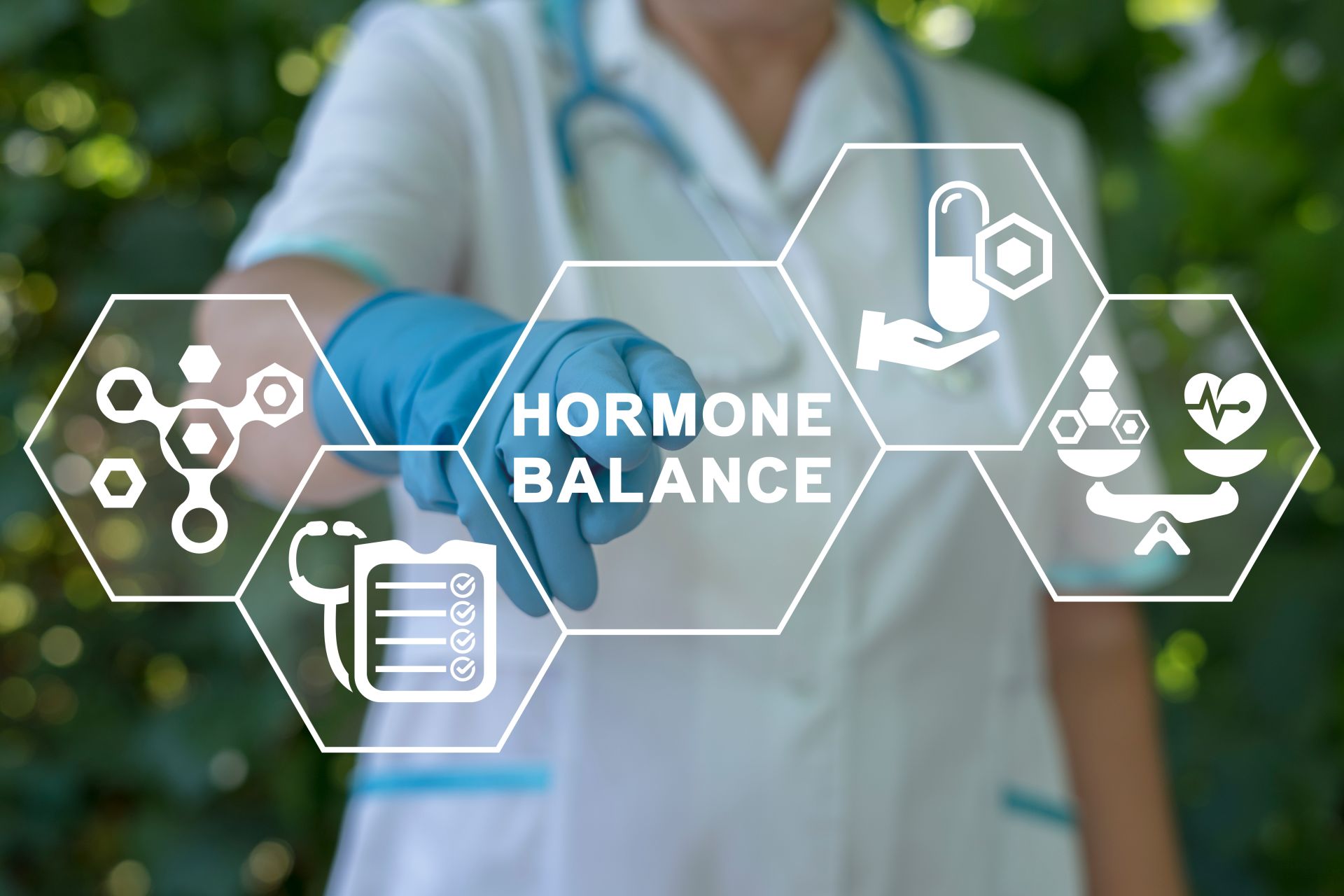 ⮜ Previous article
⮜ Previous article
Zinc and the endocrine system - what are the relationships?
 Next article ⮞
Next article ⮞
